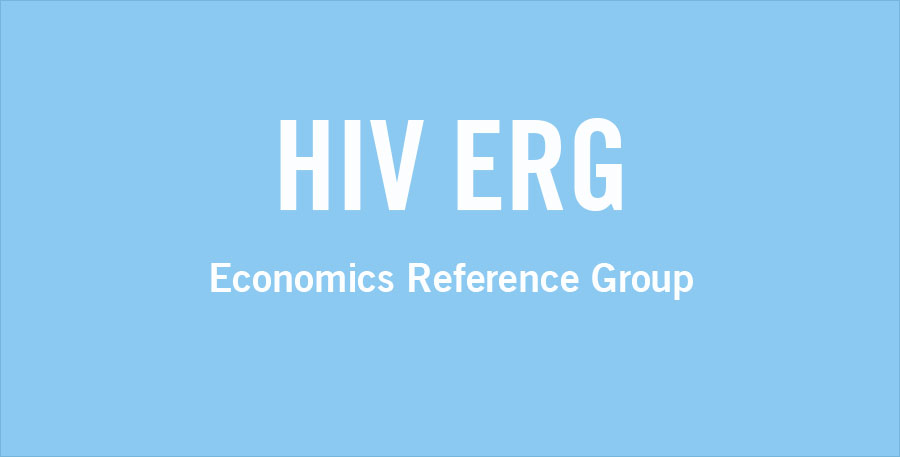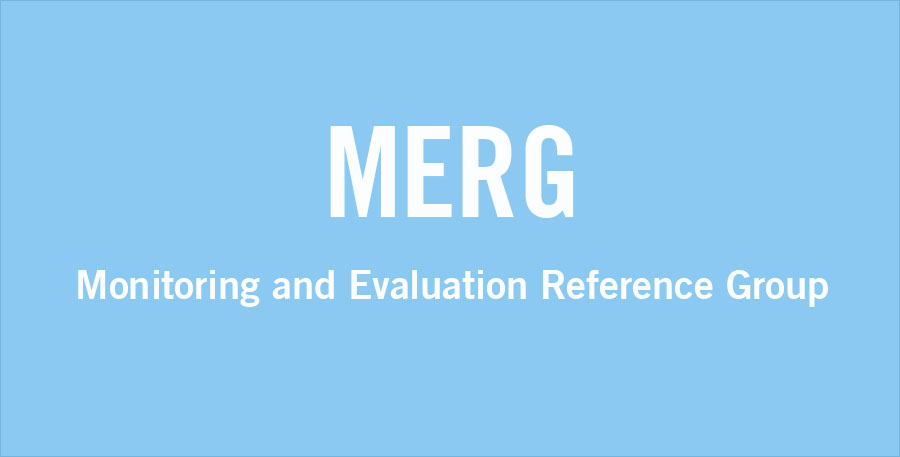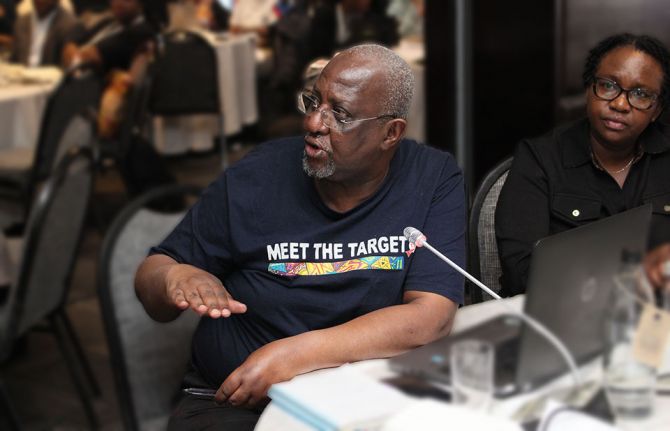
HIV financial data: A transformative power to ensure sustainability of the AIDS response
Progress towards ending AIDS as a public health threat has been strongest in the countries and regions with sufficient investments in their HIV responses, especially in countries from eastern and southern Africa. However, a critical part of this success lies in understanding where resources are being allocated and ensuring that investments are directed towards the most impactful interventions.

Experts back G20 action to tackle pandemics by addressing the inequalities which drive them and by boosting production of medicines in every region of the world
RIO DE JANEIRO, BRAZIL, 29 October 2024—Today, at a special event organized for the G20 Joint Finance and Health Ministerial, the Brazilian government and experts from the Global Council on Inequality, AIDS and Pandemics backed calls for efforts to break the “inequality-pandemic cycle” that is fueling continued disease emergencies. Two crucial measures could enable the world to tackle current and future pandemics.
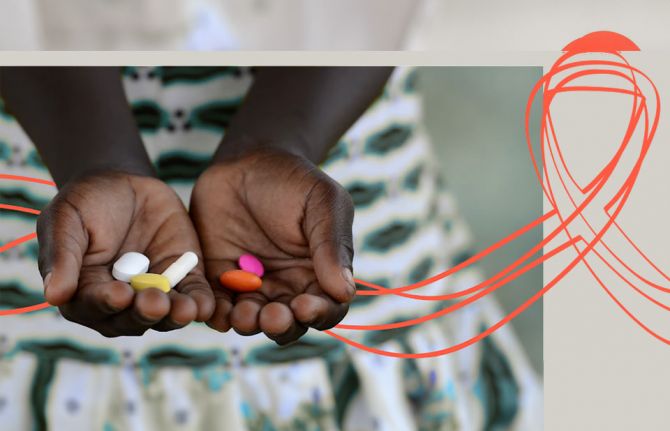
UNAIDS calls for sustained and expanded health and HIV investments at the Spring Meetings of the IMF and World Bank
Debt restructuring and reforms to the global tax system are urgently required to finance health systems and other essential services
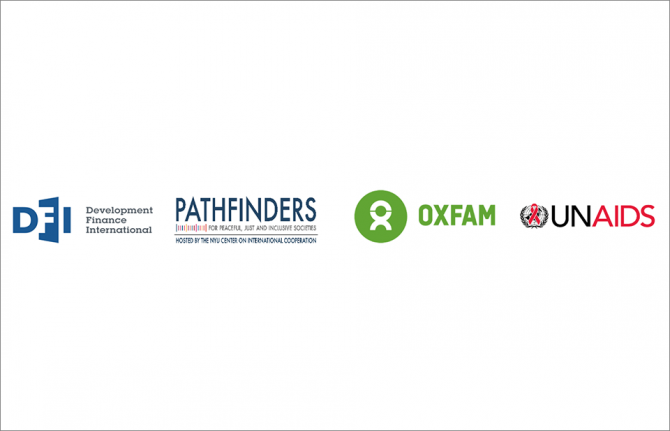
A call to action to save SDG10: reduce inequalities
The Centre for International Cooperation at the University of New York, Development Finance International, Oxfam and UNAIDS are calling for urgent action to save Sustainable Development Goal (SDG) 10: Reduced Inequality.
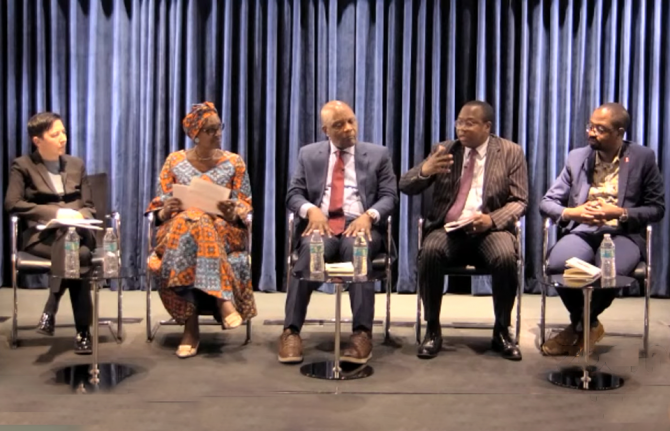
A Triple Dividend: Fully financing the HIV response in Africa
Fully financing the HIV response to get back on track to achieve the 2030 goals will produce substantial health, social and economic gains in African countries. These findings are highlighted in a new report, A Triple Dividend: The health, social and economic gains from financing the HIV response in Africa

United Nations Under-Secretary-General calls on leaders to address the debt crisis that is crushing developing countries
The Executive Director of UNAIDS and Under-Secretary-General of the United Nations Winnie Byanyima is calling on world leaders to address the unsustainable external debt service burdens of developing countries which are widening inequalities and undermining the health and livelihoods of millions of people.
Board members warned that the severe shortfall in UNAIDS operating budget risks prolonging the AIDS pandemic
UNAIDS Executive Director calls for immediate investment of $35 million in end-of-year funding and a commitment to increase the operating budget to $210 million for 2023
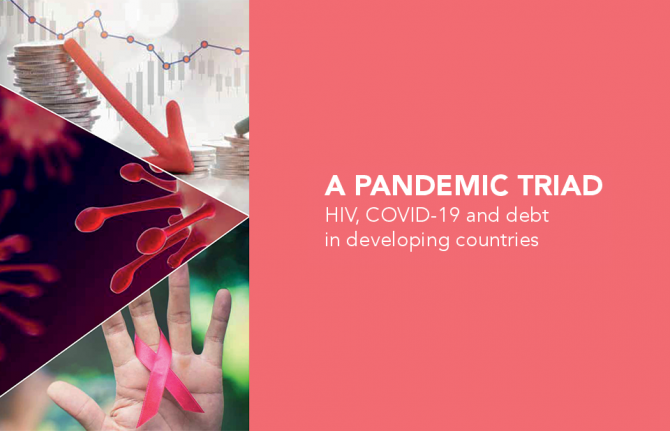
UNAIDS warns that HIV, COVID and other health investments are in danger due to a looming debt crisis in Africa and the developing world
In 2020 highly indebted countries already used four times more of their revenues on debt repayments than on health investments, reveals UNAIDS report A Pandemic Triad. The report was presented at an event hosted by Georgetown University in Washington DC during the Annual meetings of the International Monetary Fund (IMF) and the World Bank
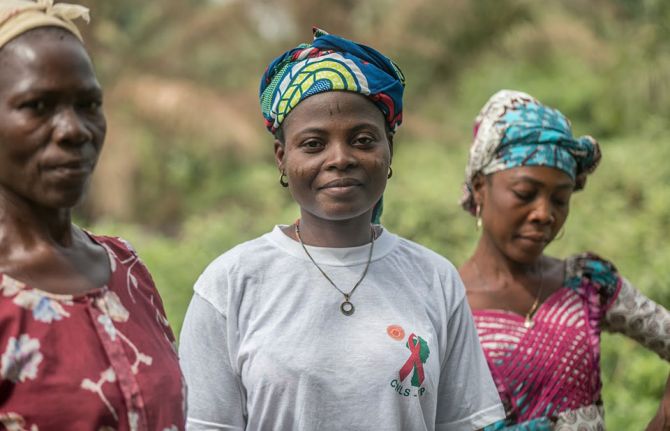
Addressing inequalities to end AIDS: 10 years to 2030
HIV is fuelled by inequalities. A panel, Addressing Inequalities to End AIDS: 10 Years to 2030, held on the sidelines of the United Nations High-Level Meeting on AIDS on 9 June, brought together a passionate mix of grass-roots activism and experience, academic wisdom, evidence-informed strategic guidance and experience from United Nations Member States and UNAIDS to discuss this urgent issue.
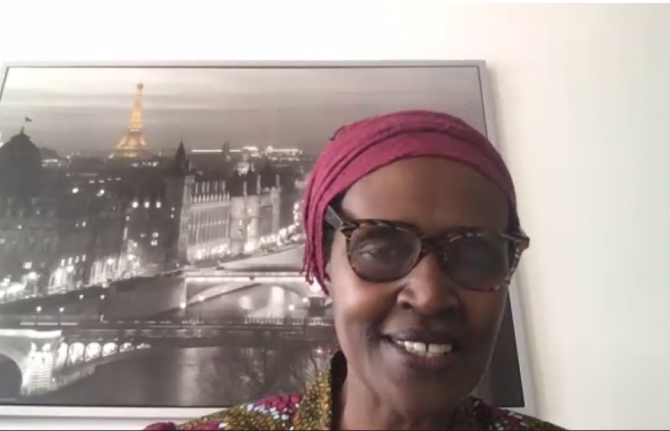
UNAIDS calls for increase in health spending and social protection as an essential part of the economic response to COVID-19
UNAIDS Executive Director Winnie Byanyima’s statement on the economic response to COVID-19 during an online event held on 16 April 2020 cosponsored by the Global Development Policy Center and the United Nations Conference on Trade and Development

